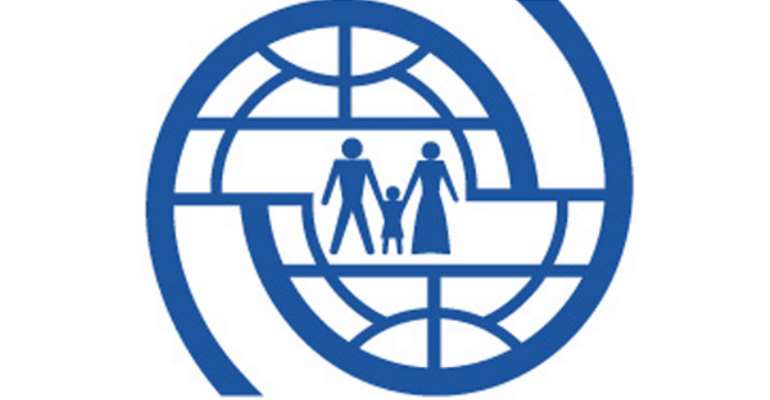IOM Aids South Sudanese Displaced by Conflict, Prepares for Rainy Season

GENEVA, Switzerland, March 11, 2014/African Press Organization (APO)/ -- IOM is continuing to assist thousands of people displaced by the ongoing conflict in South Sudan, while preparing for the challenges of the upcoming rainy season.
The situation in South Sudan remains fluid and unstable, with continued fighting and displacement throughout the country. The UN estimates that some 706,000 people have been displaced by violence in South Sudan since the outbreak of the crisis in December. Of these, over 77,000 people have sought protection on UN Mission in South Sudan (UNMISS) bases.
The approach of the rainy season is a major humanitarian concern. On 7 March, the first major rainfall of the season caused flooding and the collapse of shelters at displacement sites in Juba. IOM and partners are working to develop contingency planning to mitigate the risks of flooding and associated health and safety concerns.
The shelter and non-food relief item humanitarian cluster, which is co-led by IOM, is currently testing a shelter prototype for the rainy season using sandbags, floor elevation and additional framing materials to fortify existing shelters.
IOM and its partners are also working to decongest displacement sites by identifying space for expansion, and are prepositioning relief supplies in anticipation of logistical constraints caused by flooded roads.
Insecurity also continues to be key challenge for humanitarian actors. Recent fighting in the flashpoint town of Malakal, capital of South Sudan's Upper Nile State, recently forced the halt of humanitarian operations for several days and created serious obstacles to delivering aid.
IOM has maintained a presence on the UNMISS Malakal base, delivering water, sanitation and hygiene (WASH) assistance as well as primary health care. An average of 230,000 litres of potable water per day is being distributed to the approximately 21,000 people sheltering on the base.
This is enough to meet basic survival needs, but is below the ideal humanitarian standard. The number of persons per latrine, which currently stands at roughly 100 to 1, is well below the emergency standard of 50 to 1. But decommissioning and constructing new latrines is a challenge, due to lack of space at the site.
Decongestion of the Malakal site is essential in the push towards meeting emergency standards. The space available to the displaced population currently stands at only 4 square meters per person. A plan has been developed to expand the site onto adjacent land, which is available, but in need of significant construction work in order to be suitable for settlement.
IOM is working to secure urgent funding to maintain its WASH capacity, including the provision of earth moving equipment to expand the Malakal site and create space for the safe and organized delivery of water, adequate sanitation facilities and health services.
IOM is also providing assistance across Upper Nile State through its role as state WASH focal point, and is delivering health care services to IDPs, returnees and host community members at mobile and semi-static clinics in Upper Nile and Unity states.
IOM is also mobilizing WASH, medical and protection assistance through the Rapid Response Fund (RRF), a flexible funding mechanism allowing for immediate disbursement of grants to local and international NGOs.
